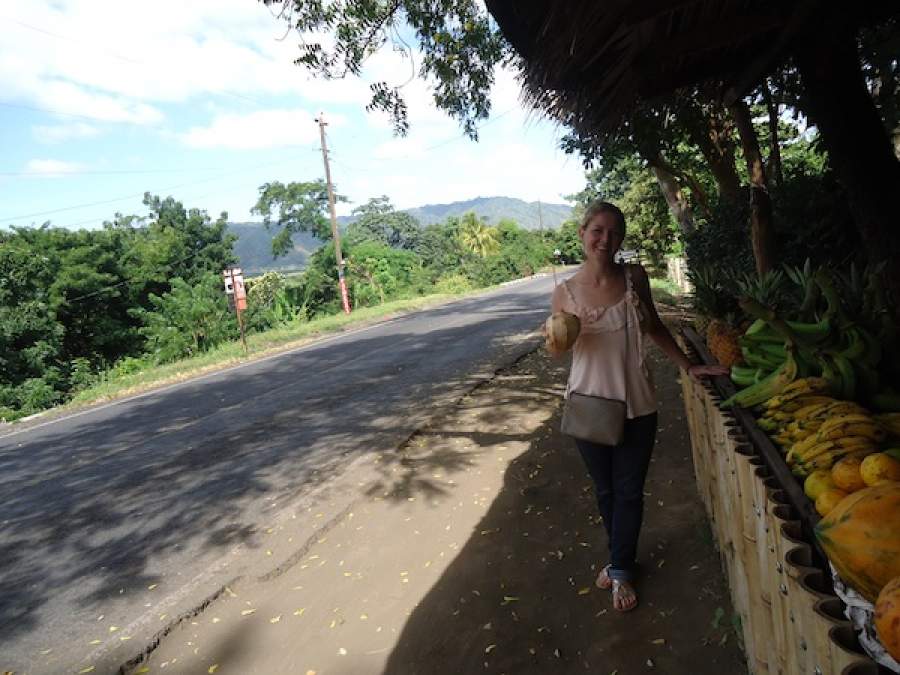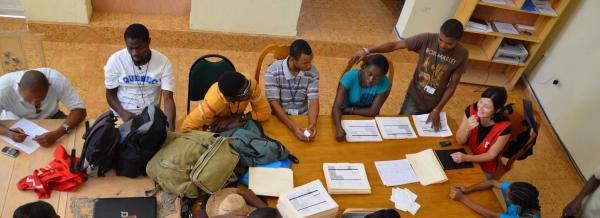My experience with “reverse culture shock” this time around has been the same as every other year. It never changes. It starts with the excitement. Everything feels new and I get the chance to re-explore home. I eat comfort food once again, there are new shops and stores to visit. I can see my friends and family after a very long time apart. I am on a high and I take a sigh of relief feeling rooted on home soil.
A few days later though, after the rush wears off, that certain “home-glow” I was reveling in fades, leaving panic and truth to set in.
Some say that we color our world depending on how we feel. When we are angry, the world looks red. When we are in love, the world is bright pink and stars explode with joy all around us. Everything seems perfect or everything seems ugly and grey, depending on how we feel. This is not the truth. The world is the way it is and does not change depending on how we feel inside.
The shock sets in slowly. I can’t remember how to open my own door, I look around and see so many iPhones I have to blink twice. I see nothing but people who appear to have every material possession they could ever want. Everything looks bigger and it is four degrees outside and not 24. The adventure is over and I am home, back to where I started nine months ago.
The easiest, most comfortable and most common way to react to my shock is with fear, anger, disappointment, frustration or sadness, or a combination of all five. This year, however, I chose to react differently to my shock. As I walk in the cold, my mind, rather than jump to panic mode by thinking, “It’s freezing! Get inside!” or “Why am I not wearing flip flops?” is starting to think, “Well, the winter isn’t so bad, it offers up cozy days spent inside in my own bed with a hot chocolate!” or “Wait until I go up north to skate!”
The minute the wave of shock and fear of the unknown come over me, I observe it and ask it where it’s coming from. I choose not to give into feelings like fear anymore, because they haven’t served me in the past so why continue giving them so much energy? The shock is not what changes—it is our reaction to it that does. The best way to deal with culture shock is to observe. Observe the mind and the relationship with the mind. Observe the changing reactions and how you feel from minute to minute. Take care. Where is the fear coming from?
It is so easy and has become almost automatic for me to pick out immediate differences between where I have been and home, which can inevitably lead to negative thinking. What if we ignored the differences and simply said, “This situation is the way it is, why be sad that it is not the way I want it to be, why waste energy hoping it will mimic someplace else if that just adds more frustration, sadness and pain to my life?”
For me, it has always been very difficult coming home. It has felt as though I was leaving behind the place I had grown into, only to be suddenly uprooted and thrust into (a once familiar) new home.
I do know that in the face of these ever-changing, contrasting and contradictory feelings, I will always have a piece of Nicaragua in my heart. With everything I have learned and experienced, behavior and language patterns acquired, memories and travels remembered in all the places I have been, I feel I am a Nica, Ecua, Haligonian and French woman at heart. So perhaps, for me, home is not necessarily where the heart is, but where the heart has been.
Add this article to your reading list




